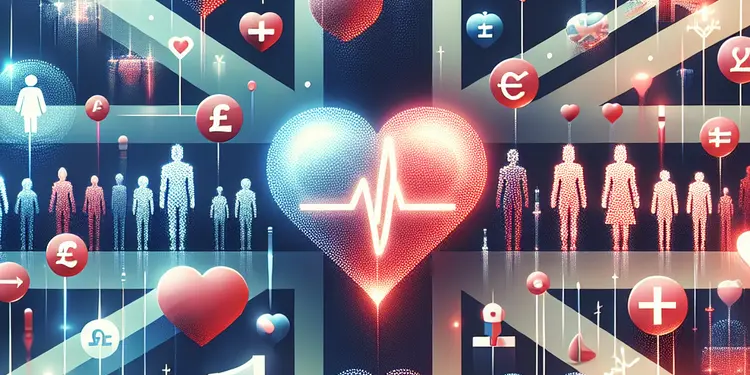
Find Help
More Items From Ergsy search
-
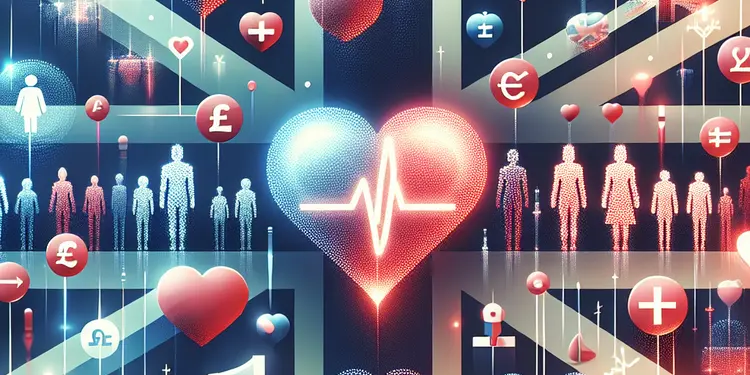
Can heart attack symptoms vary by age?
Relevance: 100%
-
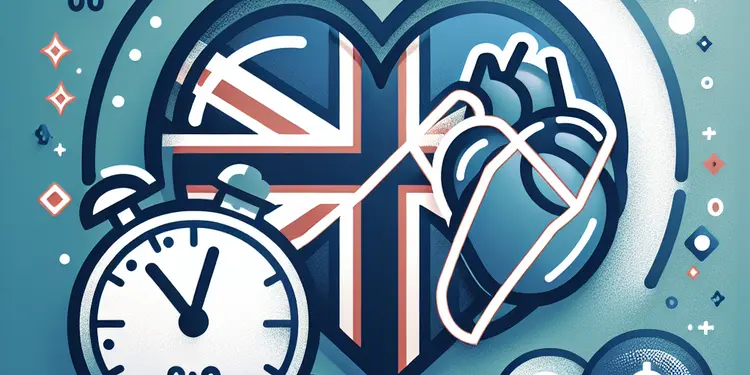
How long do heart attack symptoms last?
Relevance: 79%
-

Are heart attack symptoms different for people with diabetes?
Relevance: 78%
-
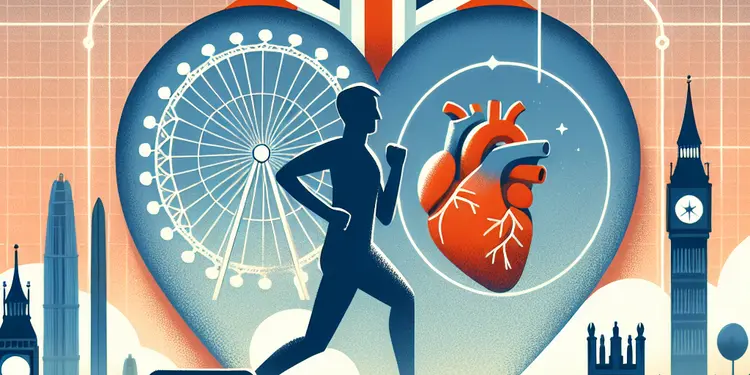
What should I do if I'm experiencing heart attack symptoms?
Relevance: 78%
-

Heart Attack Symptoms - Help Us Help You | NHS
Relevance: 77%
-

Heart Attack Symptoms - Peter Dale (Tubes) | NHS
Relevance: 76%
-

Heart Attack Stories | NHS
Relevance: 72%
-

Can women have different heart attack symptoms than men?
Relevance: 71%
-

Heart Attack Symptoms - Peter Dale (Tubes) | NHS - BSL version
Relevance: 71%
-

Heart Attack Stories | NHS
Relevance: 71%
-
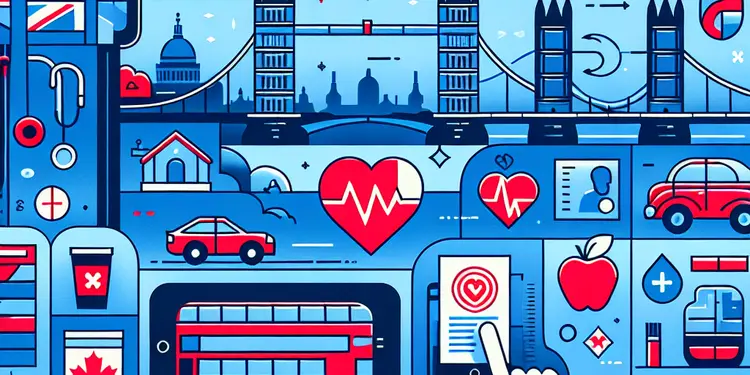
What are the risk factors for a heart attack?
Relevance: 69%
-
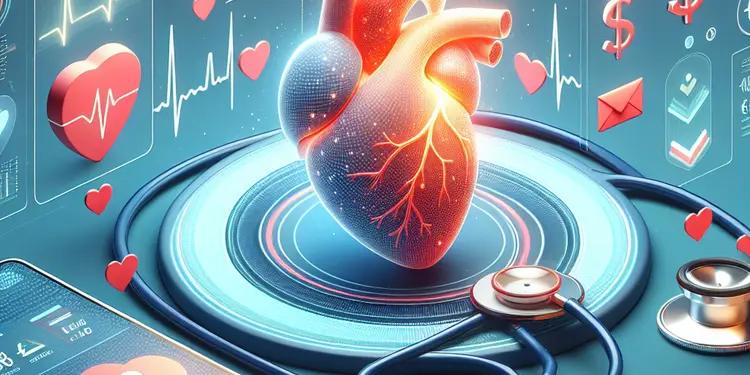
Is it possible to prevent a heart attack?
Relevance: 68%
-
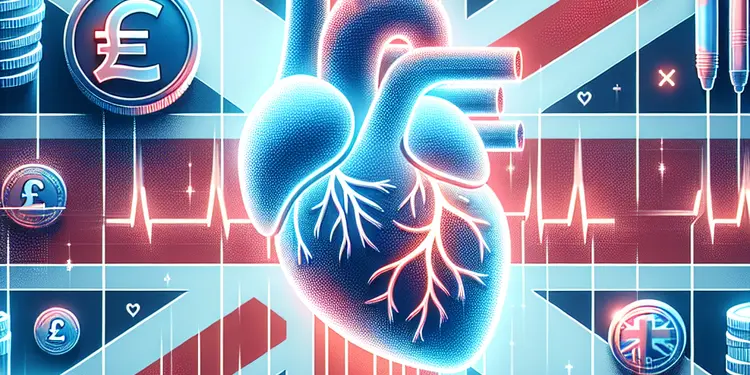
What are the long-term effects of a heart attack?
Relevance: 65%
-

Is it possible to have a heart attack without chest pain?
Relevance: 65%
-
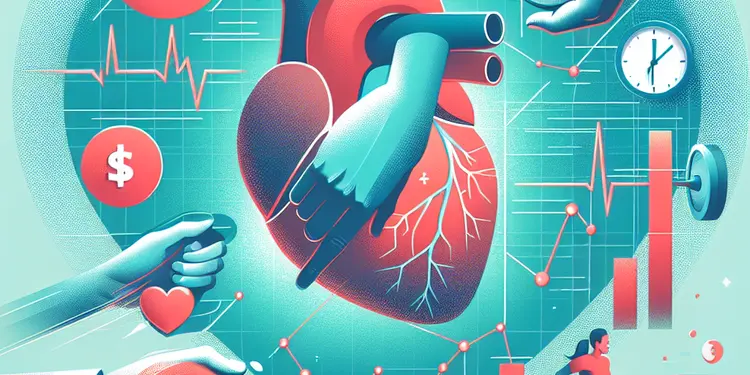
Can physical exertion trigger a heart attack?
Relevance: 64%
-
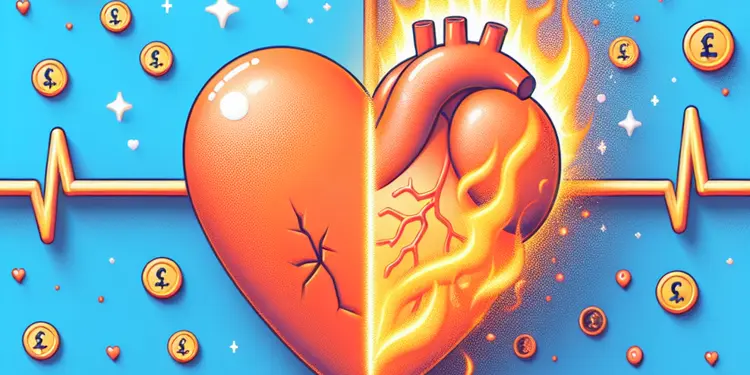
How can I differentiate between heartburn and a heart attack?
Relevance: 64%
-
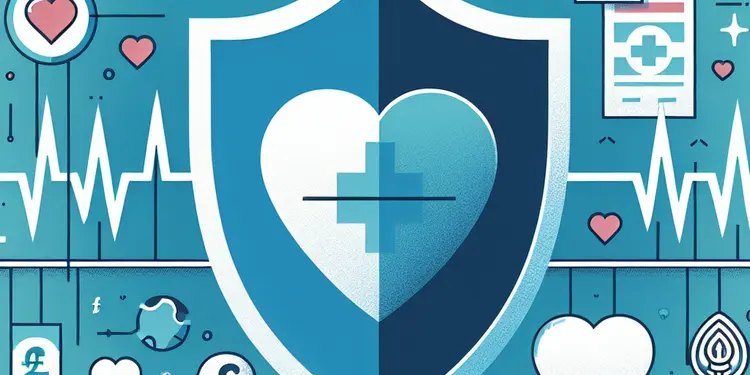
When should one start taking medication for heart attack prevention?
Relevance: 60%
-

How do beta-blockers contribute to heart attack prevention?
Relevance: 59%
-
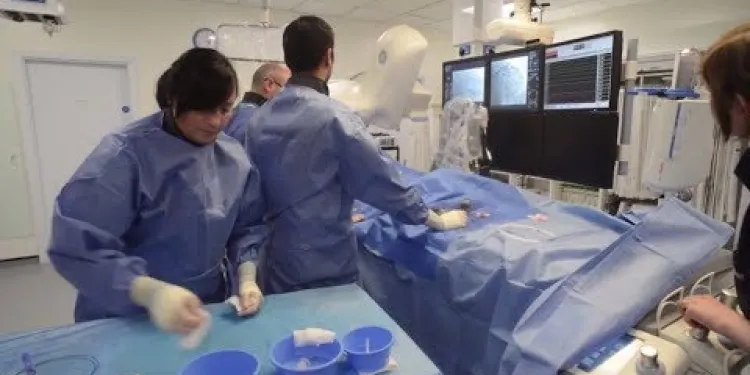
Heart attack care - Raigmore Hospital Inverness, NHS Highland
Relevance: 59%
-
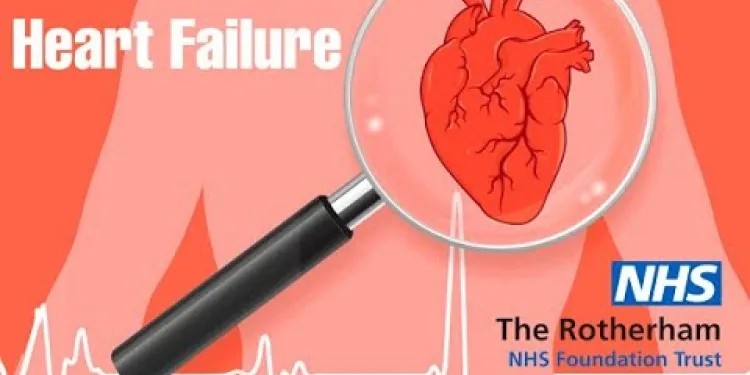
Heart Failure : Symptoms of heart failure
Relevance: 57%
-

Do calcium channel blockers help in preventing heart attacks?
Relevance: 56%
-

What drugs are commonly prescribed to reduce the risk of heart attacks?
Relevance: 56%
-
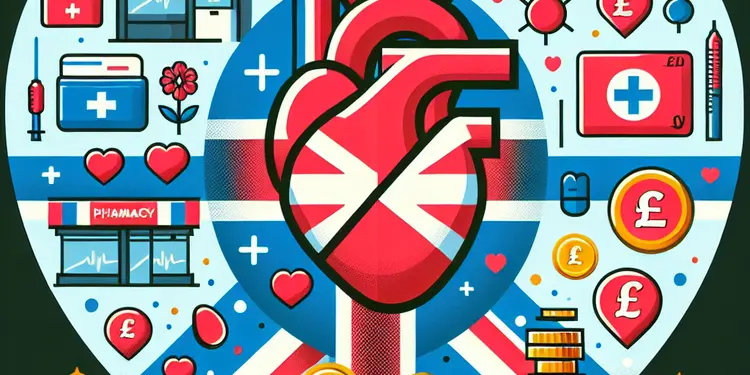
Do over-the-counter medications help in preventing heart attacks and strokes?
Relevance: 56%
-

Do all patients need medication to prevent heart attacks and strokes?
Relevance: 55%
-
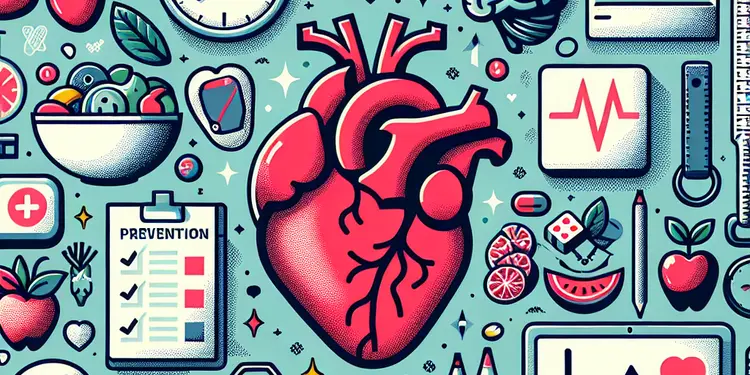
What is the role of lifestyle modification in heart attack and stroke prevention?
Relevance: 55%
-
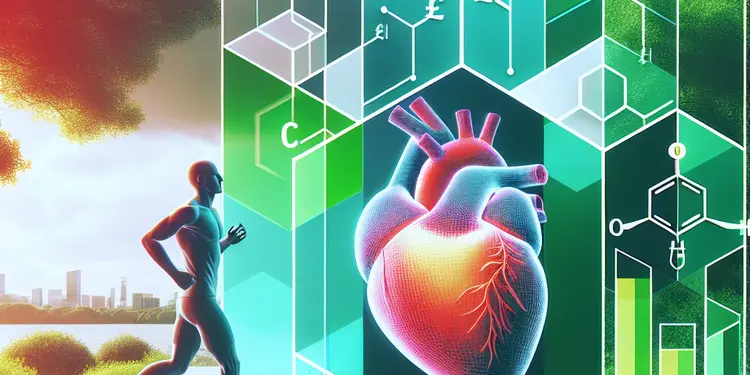
What is the role of PCSK9 inhibitors in heart attack prevention?
Relevance: 53%
-

Can diabetes medications also help reduce heart attack risk?
Relevance: 52%
-
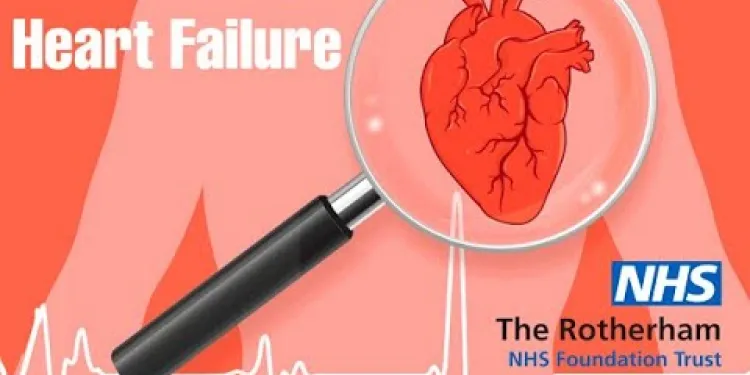
Heart Failure : When the heart becomes stiff?
Relevance: 50%
-
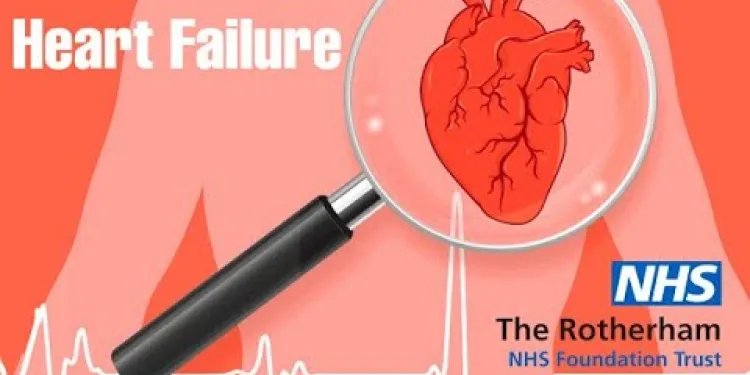
Heart Failure : What is heart failure?
Relevance: 47%
-
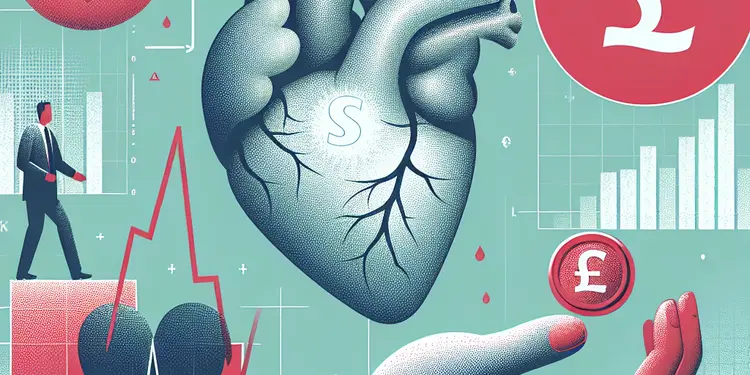
What should I do if I experience symptoms of heart failure?
Relevance: 45%
-

Heart Failure : The normal heart
Relevance: 45%
-
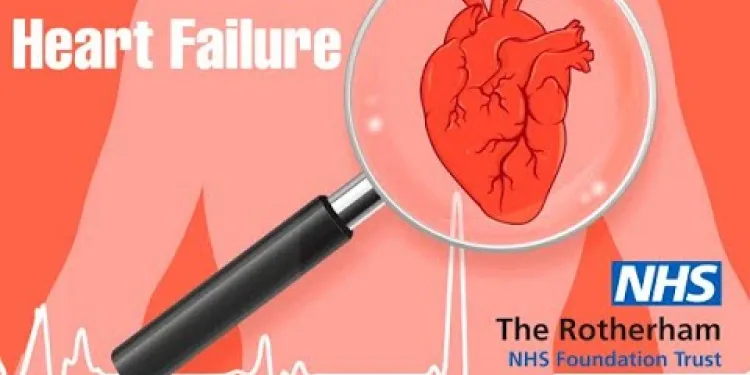
Heart Failure : Heart failure that cannot pump
Relevance: 44%
-
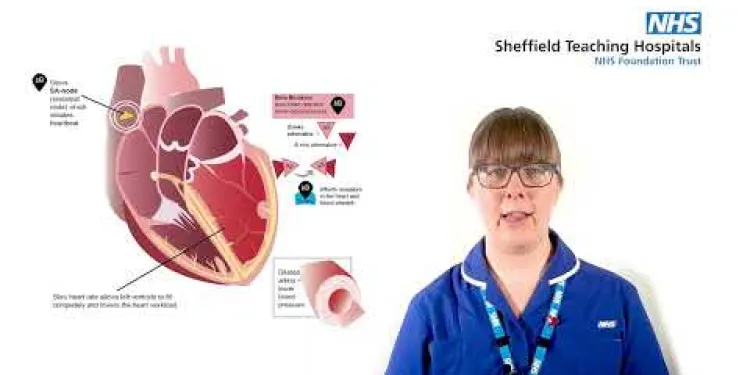
Medicines of the heart
Relevance: 43%
-
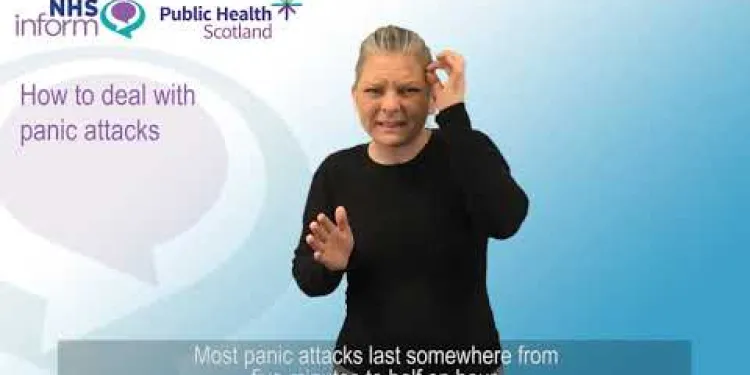
BSL - How to deal with panic attacks
Relevance: 43%
-
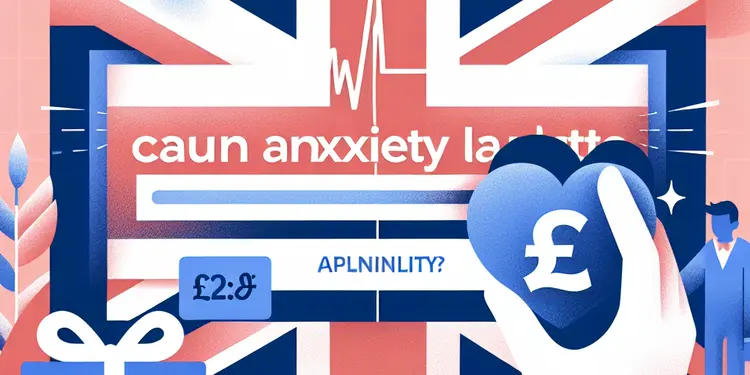
Can anxiety cause heart attack-like symptoms?
Relevance: 43%
-

Heart stents
Relevance: 43%
-
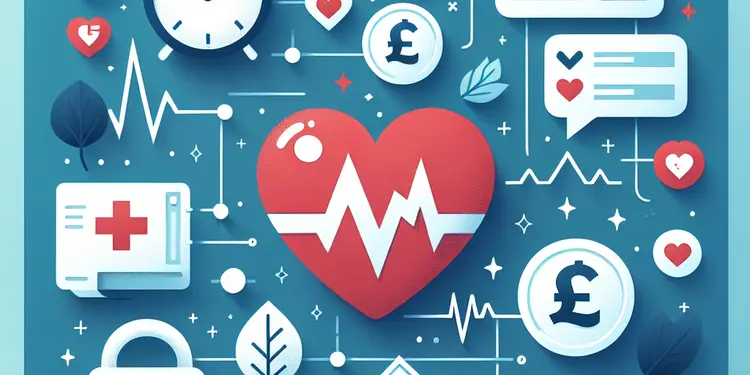
What are the most common symptoms of a heart attack?
Relevance: 43%
-

Heart failure introduction
Relevance: 42%
-
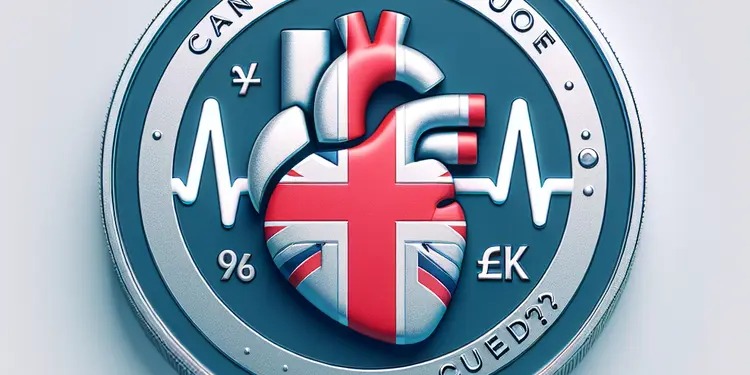
Can heart failure be cured?
Relevance: 42%
-
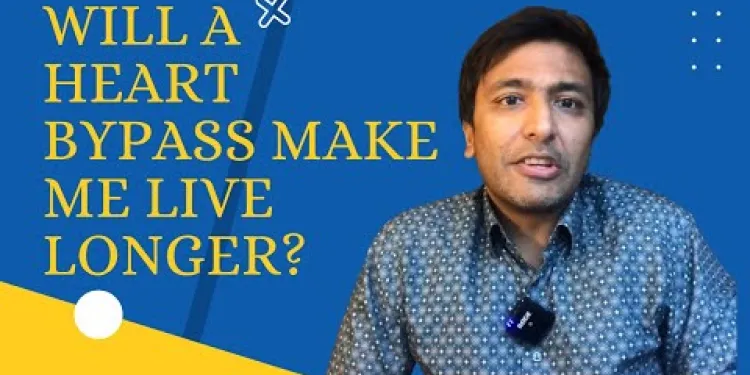
Will a heart bypass make me live longer?
Relevance: 41%
Understanding Heart Attack Symptoms Across Different Age Groups
Heart attacks are a serious medical emergency that occur when the blood supply to part of the heart is suddenly blocked. While it's a well-known fact that heart attack symptoms can differ between individuals, many people are unaware that these symptoms can also vary significantly with age. Recognizing these differences is crucial for timely diagnosis and treatment, potentially saving lives. This article explores how heart attack symptoms might manifest differently across various age groups.
Heart Attack Symptoms in Younger Adults
For younger adults, typically those under the age of 45, heart attack symptoms can sometimes be unexpected and easily overlooked. Common symptoms such as chest pain or discomfort might present themselves, but they often appear as a sense of pressure, squeezing, or fullness in the chest rather than severe pain. These symptoms can sometimes be mistaken for less serious conditions like indigestion or muscle strain.
Moreover, young adults are more likely to experience atypical symptoms, such as shortness of breath, nausea, light-headedness, or fainting. Since younger individuals generally consider themselves at lower risk for heart conditions, these symptoms might not immediately raise alarms, leading to delays in seeking medical attention.
Heart Attack Symptoms in Middle-Aged Adults
For those in the middle-aged bracket, typically between the ages of 45 and 65, heart attack symptoms become more classic and recognizable. The most common symptom remains chest pain or discomfort, often described as a tightness or heaviness that may spread to the arms, neck, jaw, back, or stomach. Alongside chest pain, middle-aged individuals may also experience sweating, nausea, and anxiety.
The risk factors such as high blood pressure, diabetes, and high cholesterol become more prevalent in this age group, making individuals more vigilant about heart attack symptoms. Consequently, middle-aged adults are more likely to associate these symptoms with a heart attack, leading to more timely medical intervention.
Heart Attack Symptoms in Older Adults
In older adults, aged 65 and above, heart attack symptoms may mimic those in younger individuals, but often with higher severity and complexity due to existing health conditions. Chest pain is still a dominant symptom, but it might be accompanied by fatigue, sweating, and nausea. It’s crucial to note that older adults may experience symptoms in the absence of chest pain, known as a silent heart attack, which can be particularly dangerous as it may go unnoticed.
Confusion or cognitive changes can occur during a heart attack in elderly individuals, compounding the difficulty in recognizing the event. Due to the higher likelihood of comorbidities such as dementia or arrhythmias, symptoms can be atypical and varied, necessitating prompt evaluation and treatment.
Conclusion
Understanding that heart attack symptoms can vary by age is vital for ensuring quick and appropriate responses to these medical emergencies. Regardless of age, if you or someone else experiences symptoms suggestive of a heart attack, it is essential to seek immediate medical assistance. Awareness and education about these age-related differences can play a pivotal role in improving outcomes and saving lives.
Understanding Heart Attack Symptoms Across Different Age Groups
A heart attack is a serious health emergency. It happens when blood can't get to your heart. Knowing the signs of a heart attack is important because they can be different for people depending on their age. This helps doctors help you faster. Let's learn how heart attack symptoms can look different for different age groups.
Heart Attack Symptoms in Younger Adults
Young people under 45 can have heart attacks, too. Symptoms like chest pain can appear, but they can feel different. It might feel like pressure or fullness instead of sharp pain. Sometimes, it might seem like you just have a tummy ache or hurt your muscles.
Young people might also have trouble breathing, feel sick, feel dizzy, or faint. Young people might not think these are heart problems, so they might not go to the doctor right away.
Heart Attack Symptoms in Middle-Aged Adults
People aged 45 to 65 might have more familiar signs of a heart attack. This can include chest pain that feels tight or heavy. The pain can spread to other parts like your arms, neck, jaw, back, or stomach. They can also feel sweaty, sick, and worried.
At this age, health issues like high blood pressure or diabetes are more common. Because of this, middle-aged people are more aware of heart attack signs and might get help sooner.
Heart Attack Symptoms in Older Adults
Older adults, those 65 and up, can have the same symptoms as younger people, but they might be worse because of other health issues. Chest pain is common, but so is feeling very tired, sweaty, or sick.
Older adults might not feel chest pain but can have a "silent" heart attack, which is very dangerous. They might get confused during a heart attack, making it harder to understand what's happening. Because older people have more health problems, they need quick help if they show any symptoms.
Conclusion
It's important to know that heart attack signs can be different depending on your age. No matter your age, if you think you have heart attack symptoms, see a doctor right away. Being aware of these signs can help save lives.
Frequently Asked Questions
Can heart attack symptoms differ based on age?
Yes, heart attack symptoms can vary based on age. Older adults might experience different symptoms than younger individuals.
How do heart attack symptoms differ in older adults?
Older adults may experience less typical symptoms such as shortness of breath, fatigue, or weakness rather than severe chest pain.
Are younger people likely to experience different heart attack symptoms?
Younger people, particularly those under 40, might experience more classic symptoms like sharp chest pain radiating to the arm or jaw.
Do middle-aged adults have distinct heart attack symptoms?
Middle-aged adults can experience both classic symptoms and atypical ones like nausea and back pain, making diagnosis more challenging.
Why might symptoms vary by age during a heart attack?
Age-related changes in pain perception and the presence of other medical conditions can influence symptom presentation.
Can elderly individuals have silent heart attacks?
Yes, older individuals are more prone to silent heart attacks, where symptoms are mild or absent, leading to underdiagnosis.
Are children at risk for heart attacks, and do their symptoms differ?
While rare, children can have heart attacks, often due to congenital heart defects, and their symptoms can include fatigue and fainting.
How might pre-existing conditions affect heart attack symptoms in different age groups?
Conditions like diabetes can mask symptoms in all ages, but older adults are more likely to have multiple conditions, altering symptom presentation.
Do lifestyle factors influence heart attack symptoms across ages?
Yes, lifestyle factors such as smoking and fitness levels can impact symptom presentation in heart attacks across different ages.
Is chest pain always a symptom of heart attacks in all age groups?
No, not everyone experiences chest pain. Older adults and women might present with nausea, fatigue, or shortness of breath instead.
Are women in different age groups likely to have different heart attack symptoms?
Women, regardless of age, may experience less typical symptoms, but younger women may have signs often attributed to anxiety or stress.
Why might younger individuals ignore heart attack symptoms?
Younger individuals might not consider themselves at risk and thus may downplay symptoms like chest discomfort or fatigue.
Can stress-induced heart attacks have different symptoms by age?
Stress-induced heart attacks might present with more atypical symptoms in younger individuals compared to older adults.
How can healthcare providers better diagnose heart attacks in different age groups?
By considering age-related symptom variations, healthcare providers can assess risk factors and use appropriate diagnostic tests.
What role does gender play in heart attack symptoms across ages?
Gender affects symptom presentation, with women across ages often experiencing less typical symptoms than men.
Do risk factors for a heart attack differ across age groups?
Yes, risk factors can differ. Older adults might have risks like hypertension, while younger individuals might be affected by lifestyle factors.
Can family history affect heart attack symptoms regardless of age?
Family history can increase risk across all ages, and awareness might improve symptom recognition and timely medical intervention.
Is it common for younger adults to confuse heart attack symptoms with other conditions?
Yes, younger adults might confuse symptoms with less severe conditions like acid reflux or anxiety, delaying critical care.
How can awareness of varying heart attack symptoms promote timely intervention?
Understanding symptom variations by age can lead to quicker recognition and treatment, improving outcomes across age groups.
What preventive measures can be taken by different age groups to minimize heart attack risk?
Healthy lifestyle choices, regular screening, and awareness of personal risk factors can help decrease heart attack risk in all age groups.
Do heart attack signs change with age?
Yes, signs of a heart attack can be different for older people. Older people might feel other things than younger people do.
What are the signs of a heart attack in older people?
A heart attack happens when the heart does not get enough blood.
Signs of a heart attack can be different for older people.
Older people might feel:
- Pain or pressure in the chest
- Pain in the back, neck, arms, or jaw
- Feeling very tired
- Feeling dizzy or lightheaded
- Feeling sick to the stomach
- Shortness of breath
If you think someone is having a heart attack, call for help right away.
Helpful tools:
- Have a phone nearby to call for help
- Keep a list of emergency numbers
- Learn how to do CPR
Older people might not feel the usual signs of a heart problem. They could have trouble breathing, feel very tired, or feel weak instead of having strong chest pain.
Do young people feel different signs of a heart attack?
Younger people, especially those under 40 years old, might feel chest pain that is very strong. This pain can also go down their arm or up to their jaw.
Do Adults in Their 40s and 50s Have Different Signs of a Heart Attack?
People who are middle-aged might feel different signs of being sick. Some signs are classic like chest pain, but sometimes they feel other things like feeling sick to their stomach or back pain. This can make it harder for doctors to know what's wrong.
If it's hard to understand, try using a highlighter to mark important parts of the text. Reading out loud or using speech-to-text tools can also help make it clearer.
Why do heart attack signs change with age?
Signs of a heart attack can be different for young people and older people. The body changes as we grow older, and this can affect how we feel a heart attack.
For younger people, the signs might be chest pain or feeling very tired. Older people might feel very weak or dizzy instead of having chest pain.
It is important for everyone to know the signs of a heart attack. Talking to a doctor can help us learn more about these signs.
Using picture cards or talking to someone you trust can help if you find reading hard. Asking lots of questions is okay too!
As people get older, the way they feel pain can change. They might also have other health problems that can change how they feel pain.
Here are some tips to help:
- Talk to a doctor if you feel pain.
- Keep a diary of when and where you feel pain.
- Use simple words to explain your pain to others.
- Try relaxation techniques, like deep breathing.
Can older people have heart attacks without knowing?
Yes, older people can have heart attacks that are hard to notice. Sometimes they don't feel bad or show strong signs. This can make it hard for doctors to know they had a heart attack.
Can children have heart attacks? Are their signs different?
Children can have heart problems, but it is not common. Their signs can be different from adults. If you are worried, talk to a doctor.
Here are some tips to help:
- Use drawings or pictures to understand better.
- Read with a friend or adult.
- Ask many questions if you are unsure.
It does not happen often, but sometimes kids can have heart attacks. This might be because they were born with heart problems. The signs that something is wrong can be feeling very tired and passing out.
Tools like picture books and videos can help kids understand more about their health. Talking to a friendly doctor or nurse can also help explain things clearly.
How do health problems people already have change heart attack signs in different ages?
Health problems like diabetes can hide other signs of being sick. This can happen to people of any age. But older people often have more than one health problem, so their symptoms might look different.
Do the way you live change heart attack signs for different ages?
Yes, things like smoking and how fit you are can change how heart attacks feel. This can be different for people of different ages.
Does chest pain always mean a heart attack for everyone?
Chest pain can feel scary, but it doesn't always mean you are having a heart attack. People of all ages can have chest pain for different reasons. It might be because of a cold, or maybe you ate something that upset your tummy.
If your chest hurts, it's a good idea to tell an adult right away. They can help you decide what to do next. It's better to be safe and get it checked out.
If you find reading hard, you can ask someone to help you read this. You can also use tools that read text out loud.
No, not everyone feels chest pain. Older people and women might feel sick, very tired, or find it hard to breathe instead.
Do women of different ages have different heart attack signs?
Women can feel different symptoms. It does not matter how old they are. Younger women might think it is just anxiety or stress.
Why might young people not notice heart attack signs?
Young people might not think they are in danger, so they might ignore things like chest pain or feeling very tired.
Do heart attack signs change with age when caused by stress?
Young people might have different signs of a heart attack if they are very stressed. This can look different from heart attacks in older people.
How can doctors find out if someone has a heart attack in different age groups?
Doctors can look for heart attack signs in people of all ages by:
- Asking about how the person feels, like chest pain or feeling sick.
- Using machines to check the heart, like an ECG.
- Doing blood tests to see if there is a problem with the heart.
For young people, signs might be different. Doctors should listen carefully and check well.
For older people, other health problems may hide the heart signs. So, doctors need to be extra careful.
Tools like charts and pictures can help people understand.
Doctors and nurses can look at how symptoms change as people get older. This helps them check for risks and pick the right tests to use.
How does being male or female change heart attack signs in different ages?
Here are some tips:
- Use simple words.
- Break information into small bits.
- Use pictures to help explain.
- Ask someone if you need help.
Boys and girls can show different signs when they are sick. Girls might show signs that are not as common as the signs boys show.
Do reasons for a heart attack change with age?
People might have heart attacks for different reasons. These reasons can change as people get older.
Here are some tips to help understand:
- Use simple words to explain.
- Break information into small steps.
- Use pictures or diagrams to help show ideas.
Yes, what makes something risky can be different. Older people might get high blood pressure. Younger people might have risks because of how they live.
Can your family history change heart attack signs no matter how old you are?
If family members have had a disease, it can make you more likely to get it too. This is true for people of all ages. Knowing this can help you spot signs of the disease early. Then, you can see a doctor sooner.
Do young adults often mix up heart attack signs with other health problems?
Sometimes, young people might think their symptoms are just a small problem, like a tummy ache or feeling worried. This can make them wait too long to see a doctor when they need help quickly.
How does knowing different heart attack signs help people get help faster?
If you know the signs of a heart attack, you can get help quickly. This can save lives.
Here are some things that can help:
- Learn the signs of a heart attack. For example, chest pain or feeling very tired.
- Practice what to do if you or someone else has a heart attack. Call emergency services right away.
- Use pictures or videos to remember the signs. This can make it easier to learn.
Knowing how symptoms change with age can help us notice them faster and get better treatment. This means people of all ages can feel better sooner.
How can people of different ages stop heart attacks?
Here are some easy things people can do to keep their heart healthy:
- Children: Play outside and eat fruits and veggies.
- Teenagers: Avoid smoking and eat healthy snacks.
- Adults: Exercise regularly and visit the doctor for check-ups.
- Older Adults: Take your medicines on time and stay active.
Tools to help:
- Use a step counter to see how much you walk.
- Ask family or friends to join you for walks or exercise.
- Write a shopping list with healthy foods.
To keep your heart healthy, do these things:
- Make good lifestyle choices, like eating healthy foods and staying active.
- Go for regular health check-ups with your doctor.
- Know what things put you at risk for heart problems, like if people in your family have heart issues.
These steps can help everyone, no matter how old you are.
Useful Links
This website offers general information and is not a substitute for professional advice.
Always seek guidance from qualified professionals.
If you have any medical concerns or need urgent help, contact a healthcare professional or emergency services immediately.
Some of this content was generated with AI assistance. We’ve done our best to keep it accurate, helpful, and human-friendly.
- Ergsy carfully checks the information in the videos we provide here.
- Videos shown by Youtube after a video has completed, have NOT been reviewed by ERGSY.
- To view, click the arrow in centre of video.
- Most of the videos you find here will have subtitles and/or closed captions available.
- You may need to turn these on, and choose your preferred language.
- Go to the video you'd like to watch.
- If closed captions (CC) are available, settings will be visible on the bottom right of the video player.
- To turn on Captions, click settings .
- To turn off Captions, click settings again.
More Items From Ergsy search
-

Can heart attack symptoms vary by age?
Relevance: 100%
-

How long do heart attack symptoms last?
Relevance: 79%
-

Are heart attack symptoms different for people with diabetes?
Relevance: 78%
-

What should I do if I'm experiencing heart attack symptoms?
Relevance: 78%
-

Heart Attack Symptoms - Help Us Help You | NHS
Relevance: 77%
-

Heart Attack Symptoms - Peter Dale (Tubes) | NHS
Relevance: 76%
-

Heart Attack Stories | NHS
Relevance: 72%
-

Can women have different heart attack symptoms than men?
Relevance: 71%
-

Heart Attack Symptoms - Peter Dale (Tubes) | NHS - BSL version
Relevance: 71%
-

Heart Attack Stories | NHS
Relevance: 71%
-

What are the risk factors for a heart attack?
Relevance: 69%
-

Is it possible to prevent a heart attack?
Relevance: 68%
-

What are the long-term effects of a heart attack?
Relevance: 65%
-

Is it possible to have a heart attack without chest pain?
Relevance: 65%
-

Can physical exertion trigger a heart attack?
Relevance: 64%
-

How can I differentiate between heartburn and a heart attack?
Relevance: 64%
-

When should one start taking medication for heart attack prevention?
Relevance: 60%
-

How do beta-blockers contribute to heart attack prevention?
Relevance: 59%
-

Heart attack care - Raigmore Hospital Inverness, NHS Highland
Relevance: 59%
-

Heart Failure : Symptoms of heart failure
Relevance: 57%
-

Do calcium channel blockers help in preventing heart attacks?
Relevance: 56%
-

What drugs are commonly prescribed to reduce the risk of heart attacks?
Relevance: 56%
-

Do over-the-counter medications help in preventing heart attacks and strokes?
Relevance: 56%
-

Do all patients need medication to prevent heart attacks and strokes?
Relevance: 55%
-

What is the role of lifestyle modification in heart attack and stroke prevention?
Relevance: 55%
-

What is the role of PCSK9 inhibitors in heart attack prevention?
Relevance: 53%
-

Can diabetes medications also help reduce heart attack risk?
Relevance: 52%
-

Heart Failure : When the heart becomes stiff?
Relevance: 50%
-

Heart Failure : What is heart failure?
Relevance: 47%
-

What should I do if I experience symptoms of heart failure?
Relevance: 45%
-

Heart Failure : The normal heart
Relevance: 45%
-

Heart Failure : Heart failure that cannot pump
Relevance: 44%
-

Medicines of the heart
Relevance: 43%
-

BSL - How to deal with panic attacks
Relevance: 43%
-

Can anxiety cause heart attack-like symptoms?
Relevance: 43%
-

Heart stents
Relevance: 43%
-

What are the most common symptoms of a heart attack?
Relevance: 43%
-

Heart failure introduction
Relevance: 42%
-

Can heart failure be cured?
Relevance: 42%
-

Will a heart bypass make me live longer?
Relevance: 41%


